Optimal Timing for Siding Service
Siding service can be performed throughout the year, but the optimal timing depends on weather conditions and specific project requirements. Generally, late spring and early fall provide ideal conditions with moderate temperatures and lower humidity, which facilitate proper installation and drying times. Scheduling during these periods helps ensure quality results and minimizes delays caused by adverse weather.
Spring offers mild weather and longer daylight hours, making it suitable for siding projects. It allows for thorough preparation and completion before the heat of summer.
Fall provides cooler temperatures and less humidity, reducing the risk of siding warping or cracking during installation.
While summer can be used for siding work, high temperatures and humidity may affect material handling and curing times.
Winter is generally less suitable due to cold temperatures, snow, and ice, which can hinder installation and impact siding durability.
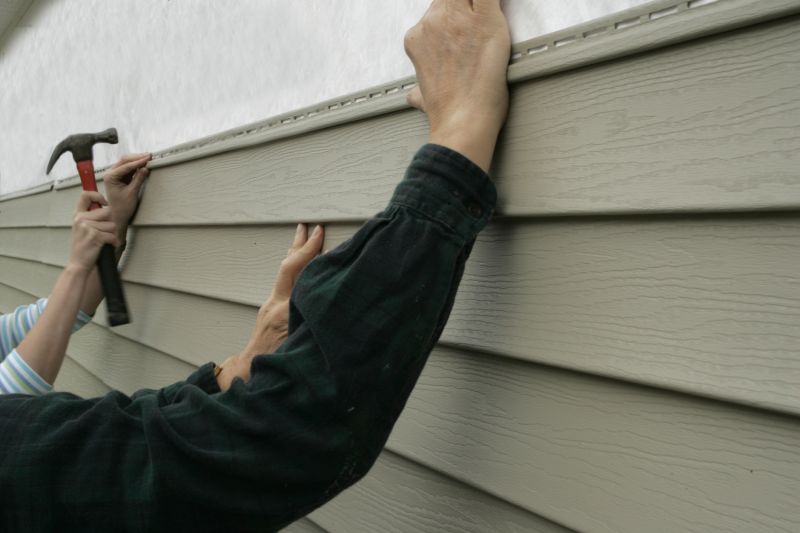
Image depicting siding installation during spring, showcasing optimal weather conditions.
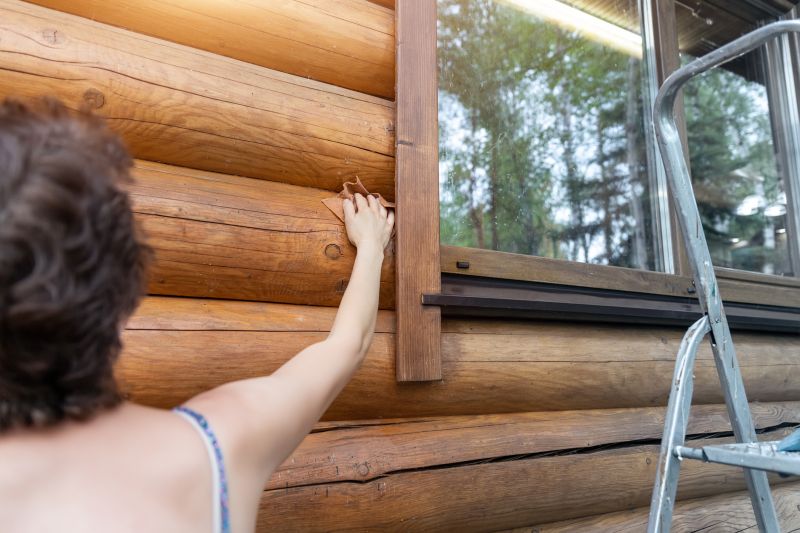
Image illustrating siding inspection and maintenance in fall.
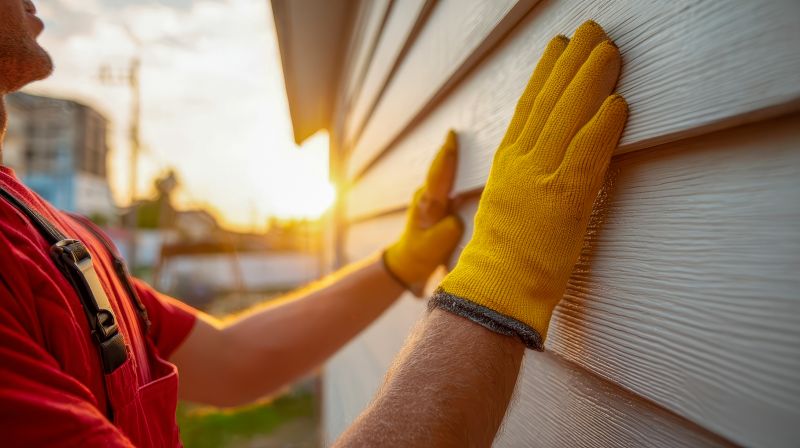
Image of siding being installed or repaired during summer months.
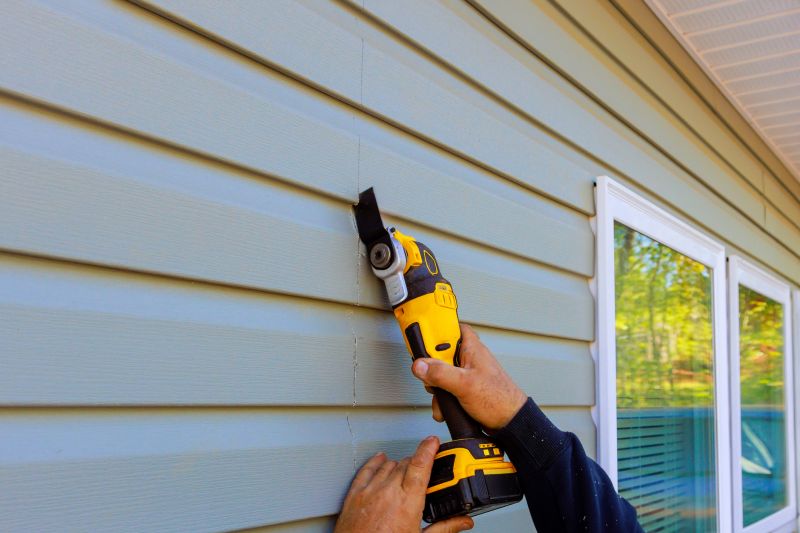
Ways to make Siding Service work in tight or awkward layouts.
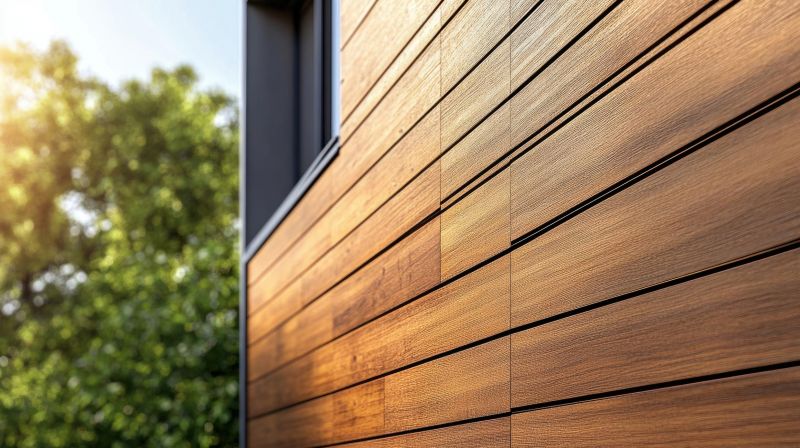
Popular materials for Siding Service and why they hold up over time.
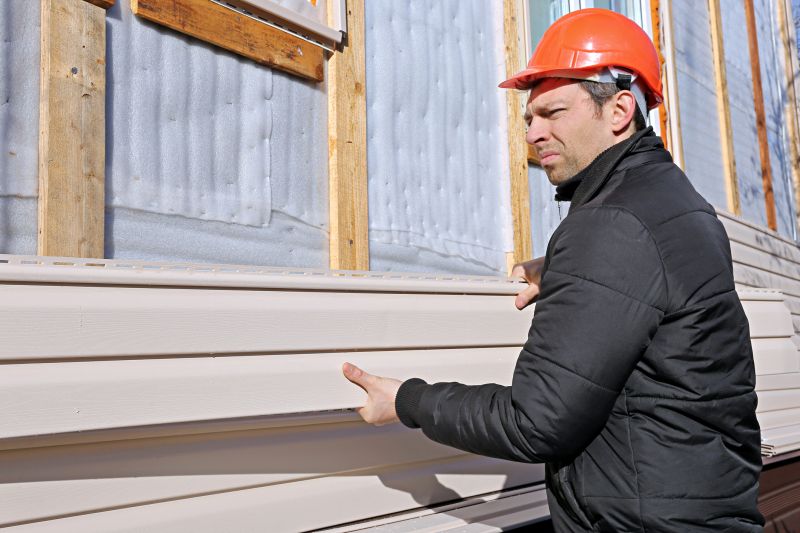
Simple add-ons that improve Siding Service without blowing the budget.
| Season | Recommended Activities |
|---|---|
| Spring | Preparation and installation before summer heat. |
| Summer | Maintenance and minor repairs, with caution. |
| Fall | Optimal for installation and inspections. |
| Winter | Limited activity due to weather constraints. |
| Late Spring to Early Fall | Best window for most siding projects. |
Siding service involves the installation, repair, and maintenance of exterior wall coverings that protect buildings from weather elements and enhance aesthetic appeal. Proper timing ensures that materials are installed under suitable conditions, reducing the risk of issues such as warping, cracking, or mold growth. Regular siding updates can extend the lifespan of the exterior and improve energy efficiency.
Statistics indicate that scheduling siding projects during moderate weather can decrease installation errors by up to 20 percent. Additionally, timely service can prevent costly repairs caused by weather-related damage, which is more prevalent during extreme seasons. Properly timed siding work also minimizes disruptions and ensures the longevity of the siding materials used.





